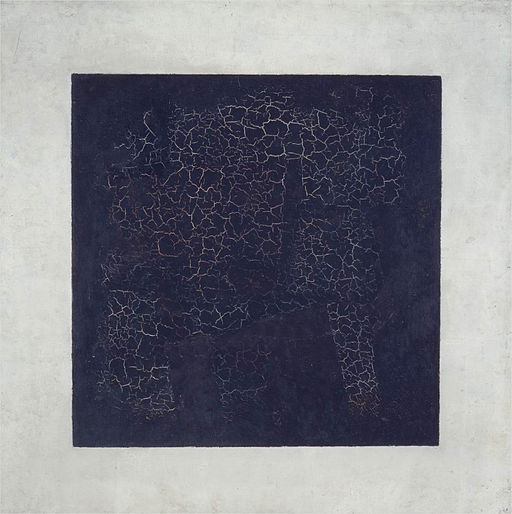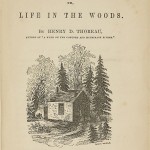Just about nine months ago—the Tuesday after Valentine’s Day, to be exact—I hit a carload of nuns. It’s not like I was trying to or anything, though: It was the middle of the morning, a misty winter day. I was driving on a quiet street in the part of Washington, D.C. that’s sometimes called “Little Rome,” owing to the number of monastic institutions surrounding the Catholic University of America. From the right lane, the carload of nuns made an unexpected... Read more
















